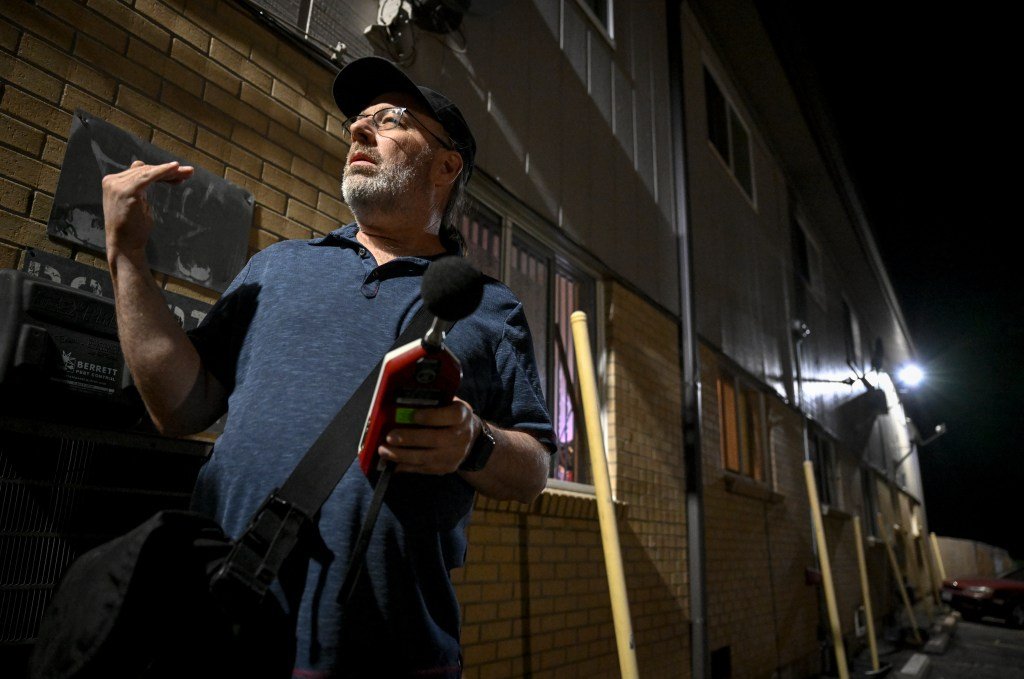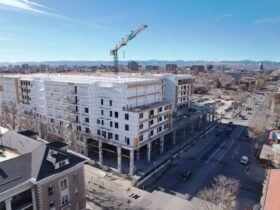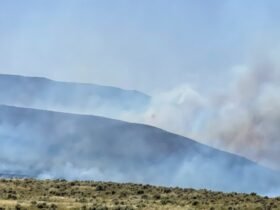Denverites who want to lodge a complaint over early morning or late-night construction noise can now record a video and submit it to the city instead of trying to get in touch with health investigators under ordinance changes approved Monday by the City Council.
The new noise rules also will allow music festivals to be louder and trash pickup to begin an hour earlier, giving more flexibility to solid waste crews.
The bill, proposed by the Denver Department of Public Health and Environment, is aimed at modernizing Denver’s noise rules for the first time since 2008.
Under the old rules, construction noise had to exceed a certain decibel limit during the restricted hours of 9 p.m. to 7 a.m. on weekdays and 5 p.m. to 8 a.m. on weekends to violate the rules, requiring a reading by a public health investigator.
Councilwoman Jamie Torres called that process “an impossible task” during Monday’s meeting. “Particularly in the early, early morning hours,” she said.
Under the new rules, the noise just has to be “plainly audible” during that time for it to be an enforceable violation. That means time-stamped videos recording the noise can be used as evidence.
The bill, approved 12-1, allows trash and recycling pickup to begin at 6 a.m. instead of 7 a.m. The city doesn’t actually have plans to change its crews’ schedules, however, said Angela Casias, the mayor’s legislative director.
“It’s pretty definite they would not make a change like this anytime soon,” Casias said during the meeting.
An earlier version of the proposal last year would have allowed pickups even earlier in and near downtown, at 5 a.m. That was removed.
Festivals — including those on private property — still must end at 10 p.m. but can now emit sounds up to 85 decibels under the new rules. That’s up from 80 decibels.
Sounds at 85 decibels, about as loud as a power tool or a lawn mower, typically require someone to raise their voice to be heard from three feet away, according to the Centers for Disease Control and Prevention. It’s also at the level that health experts say can eventually cause hearing loss without protection.
Compression engine brakes, colloquially called “Jake Brakes,” are also banned in the city under the ordinance.
Urban sound experts say that as density increases in Denver, the city will get noisier.
Councilman Kevin Flynn cast the sole “no” vote on the ordinance. He cited the potential for trash pickup time to start earlier as the reason.
“I’ve heard from constituents over the years, complaining about being awakened when the 7 a.m. start time is being violated as early as 6,” he said. “I don’t think the solution to that is just to move the start time back.”
Noise complaints can be reported by calling the city’s 311 helpline.
Stay up-to-date with Colorado Politics by signing up for our weekly newsletter, The Spot.













Leave a Reply